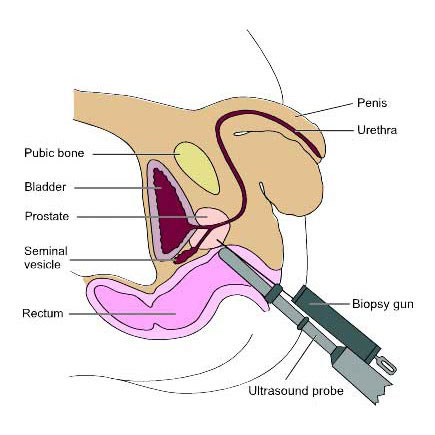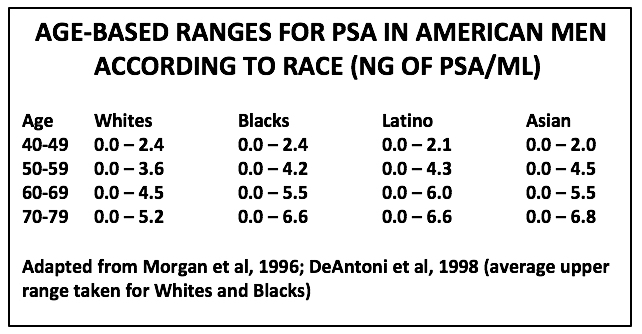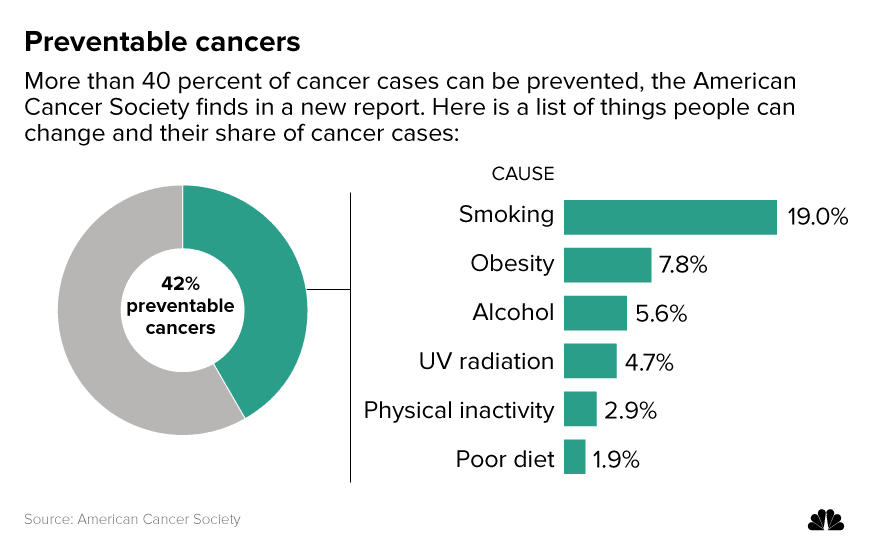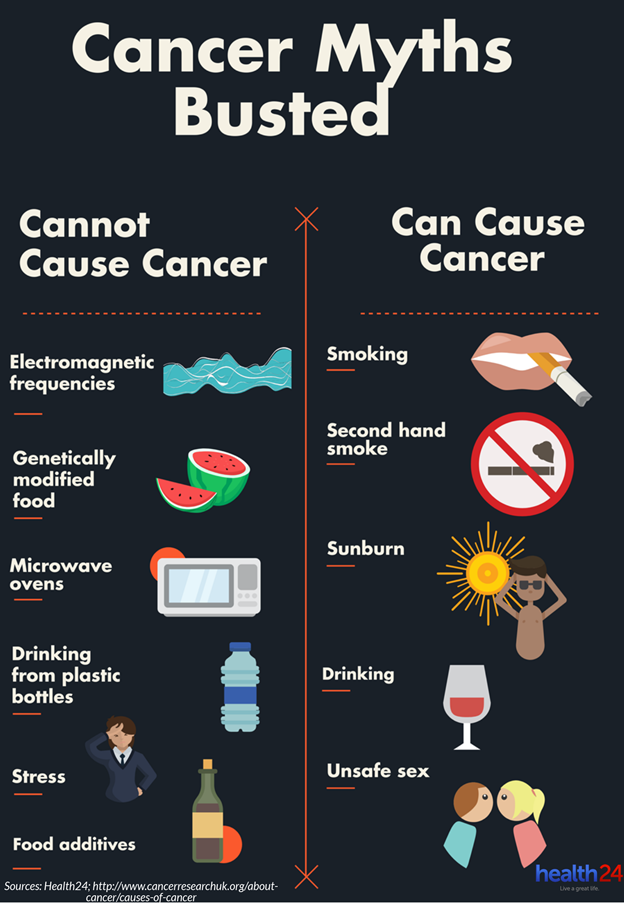For example one major study showed that 1 in 7 men 15 per cent with a normal PSA level may have prostate cancer and 1 in 50 men two per cent with a normal PSA level may have a fast-growing cancer. Certain supplements can lower PSA levels.
What causes a raised prostate specific antigen level.

Psa for men. Men who have prostate cancer will need to visit an oncologist for thorough treatment. Therefore if a man had a PSA level above 40 ngmL doctors would often recommend a prostate biopsy to determine whether prostate cancer was present. A man with a 100cc prostate will have a normal PSA of approximately 10.
For example an abnormal PSA for a man with a 30cc prostate is 45 or above. Most men with PSA 20 are. In the past most doctors considered PSA levels of 40 ngmL and lower as normal.
Men with PSA over 20 are at particularly high risk. A normal PSA level is considered to be 40 nanograms per milliliter ngmL of blood but this varies by age. Writtendirectededited by Cynthia KaoProduced by Josh Simpson Michael Busch Donna ThomasDP.
However the PSA test was first developed only to monitor men who had a history of prostate cancer. Blood levels of PSA can be elevated in men with prostate cancer. Age 45 who are at high risk of developing prostate cancer.
Being African American or having a family history of prostate cancer puts you at higher risk. For this reason measurement of PSA in the blood has been used as a screening test for prostate cancer. At age 40 a PSA of 25 is the normal limit says John Milner MD a urologist in the Chicago area.
Nevertheless the concept of free PSA must be used with caution as several factors may influence the freetotal PSA ratio such as temperature and prostate size. A raised PSA level may mean you have prostate cancer but about two out of three men with a raised PSA level will not have prostate cancer. PSA should be considered for men ages 55 to 69 after discussing the risks and benefits of the test and of prostate cancer treatment.
Prostate-specific antigen psa test is a standard test that measures the amount of circulating protein produced by the prostate. For men in their 50s or younger a PSA level should be below 25 in most cases. The American Cancer Society ACS recommends PSA screening for men.
It is normal for men to have a low level of psa in their blood. PSA is not needed for men ages 40 to 54 unless they are at higher risk for prostate cancer. Other conditions may also cause a raised PSA level including.
Inability to pass urine causing an enlarged bladder acute retention of urine. Age 50 who have an average risk of prostate cancer and are expected to live at least 10 more years. This includes African Americans who have a higher risk of developing more aggressive cancers.
By age 60 the limit is up to 45. There is no specific normal or abnormal level of PSA in the blood and levels may vary over time in the same man. In one study prostate cancer was found in 56 of men with a freetotal PSA less than 010 10 but in only 8 of men with freetotal PSA greater than 025 25.
Norris CareyMen in alphabetical order Craig AntonBennie Arth. Older men often have slightly higher PSA levels than younger men. However for men who have high PSA levels or inflammation there are other treatment options such as medication.
Abnormal PSA for a 50cc prostate is above 75. The biggest challenge when it comes to PSA values is in the range of PSA values under 10. The PSA level becomes abnormal when its 50 higher than what would be expected - based on the prostates size.
With PSA values in the range of 10-20 men are increasingly likely to have prostate cancer. Its also used to monitor men who have previously undergone prostate cancer treatment to reevaluate where they stand. Some medications have an efficacy of 50 percent after six months to a year of use.
However prostate cancer or benign not cancerous conditions can increase a mans psa level. By age 70 a PSA of 65 could be considered normal 2. PSA tests are unreliable and can suggest prostate cancer when no cancer exists a false-positive result.
The PSA test is used as a simple blood test to screen for prostate cancer. Prostate-specific antigen PSA is a protein produced by the prostate cells. If your PSA level is raised you may need a biopsy.
Routinely screening all men to check their prostate-specific antigen PSA levels is a controversial subject in the international medical community. There are several reasons for this. Prostate-specific antigen PSA is a protein produced by the prostate gland.


:max_bytes(150000):strip_icc()/first-aid-for-epilepsy-and-seizures-1204473-01-2b167a5e3e89421cbbf99886a807b0fd.png)










